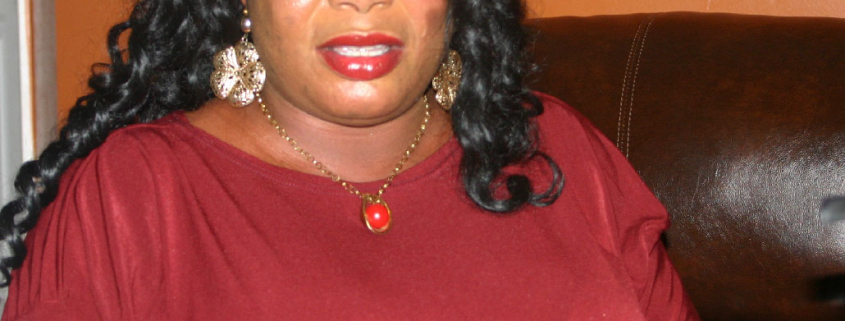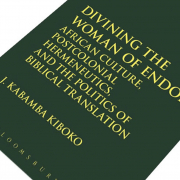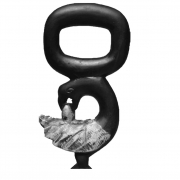More often than not, media representations and social portrayals of activism in the Niger Delta convey the characteristic Eurocentric chauvinism of geopolitical assumptions.
Activism is not a new phenomenon in the Niger Delta. During the colonial era, an Ijawman, Garrick Sokari Braide, became the face of social protest, when, through his religio-spiritual activities being his own reading and interpretations of the Biblical Holy Spirit phenomenon, preached won a large followership over to himself. His ministrations challenged status quo and had significant socio-economic impacts. As revenues from alcohol and other British trades dwindled, the colonial administration blamed Braide
The Ijaw Women Connect (IWC), founded by Rosemary Aken Graham-Naigba, conveys and articulates a radical alternative to status quo activism in the Niger Delta region of Nigeria. Although there are abundant justifications for social justice activism in the Niger Delta, for too long, most have not been founded or based lasting ideological principles. Hence, governments and other key players such as the multinational oil companies have taken advantage of this porosity or lack of critical philosophy.
Rosemary Graham-Naigba describes herself and the IWC as difference makers. In this piece, I intend to examine the intersections of gender, class, and culture in the categorization of activists in the Niger Delta. I also consider the historical roles of colonization and hegemony in the distribution of justice in Nigeria.





